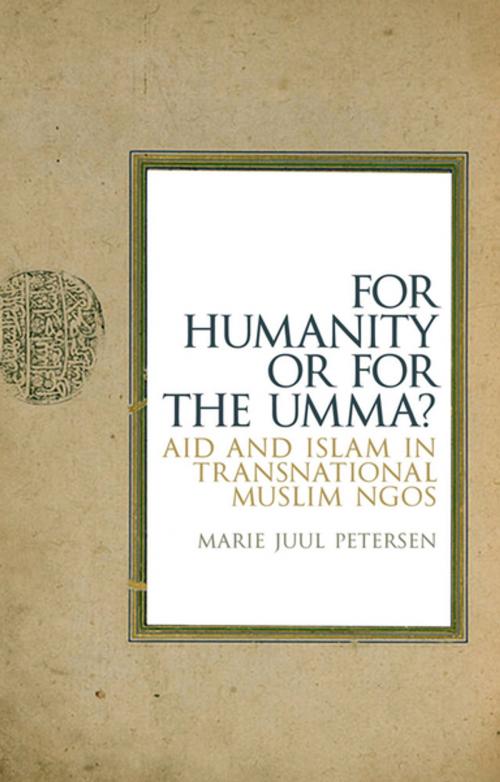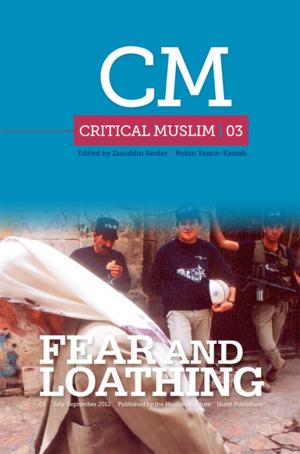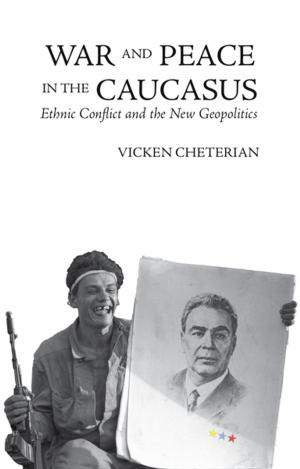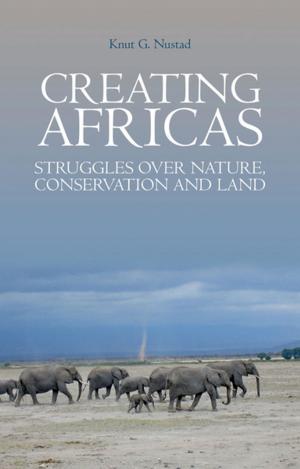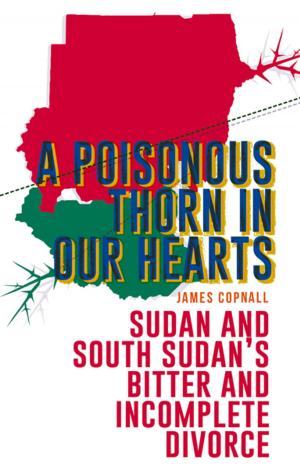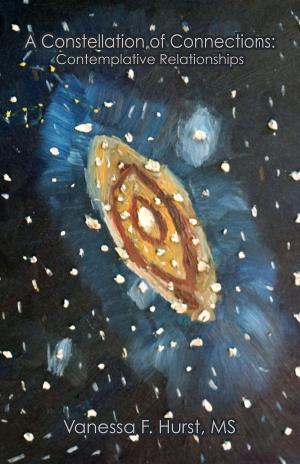For Humanity Or For The Umma?
Aid and Islam in Transnational Muslim NGOs
Nonfiction, Social & Cultural Studies, Social Science| Author: | Marie Juul Petersen | ISBN: | 9781849046732 |
| Publisher: | Hurst | Publication: | January 15, 2016 |
| Imprint: | Hurst | Language: | English |
| Author: | Marie Juul Petersen |
| ISBN: | 9781849046732 |
| Publisher: | Hurst |
| Publication: | January 15, 2016 |
| Imprint: | Hurst |
| Language: | English |
In the wake of 9/11 and the 'War on Terror', transnational Muslim NGOs have too often been perceived as illegitimate fronts for global militant networks such as al-Qaeda or as backers of national political parties and resistance groups in Palestine, Afghanistan and elsewhere. Yet clearly there is more to transnational Muslim NGOs. Most are legitimate providers of aid to the world's poor, although their assistance may sometimes differ substantially from that of secular NGOs in the West. Seeking to broaden our understanding of these organisations, Marie Juul Petersen explores how Muslim NGOs conceptualise their provision of aid and the role Islam plays in this. Her book not only offers insights into a new kind of NGO in the global field of aid provision; it also contributes more broadly to understanding 'public Islam' as something more and other than political Islam. The book is based on empirical case studies of four of the biggest transnational Muslim NGOs, and draws on extensive research in Britain, Kuwait, Saudi Arabia, Lebanon, Jordan and Bangladesh, and more than 100 interviews with those involved in such organisations.
In the wake of 9/11 and the 'War on Terror', transnational Muslim NGOs have too often been perceived as illegitimate fronts for global militant networks such as al-Qaeda or as backers of national political parties and resistance groups in Palestine, Afghanistan and elsewhere. Yet clearly there is more to transnational Muslim NGOs. Most are legitimate providers of aid to the world's poor, although their assistance may sometimes differ substantially from that of secular NGOs in the West. Seeking to broaden our understanding of these organisations, Marie Juul Petersen explores how Muslim NGOs conceptualise their provision of aid and the role Islam plays in this. Her book not only offers insights into a new kind of NGO in the global field of aid provision; it also contributes more broadly to understanding 'public Islam' as something more and other than political Islam. The book is based on empirical case studies of four of the biggest transnational Muslim NGOs, and draws on extensive research in Britain, Kuwait, Saudi Arabia, Lebanon, Jordan and Bangladesh, and more than 100 interviews with those involved in such organisations.
